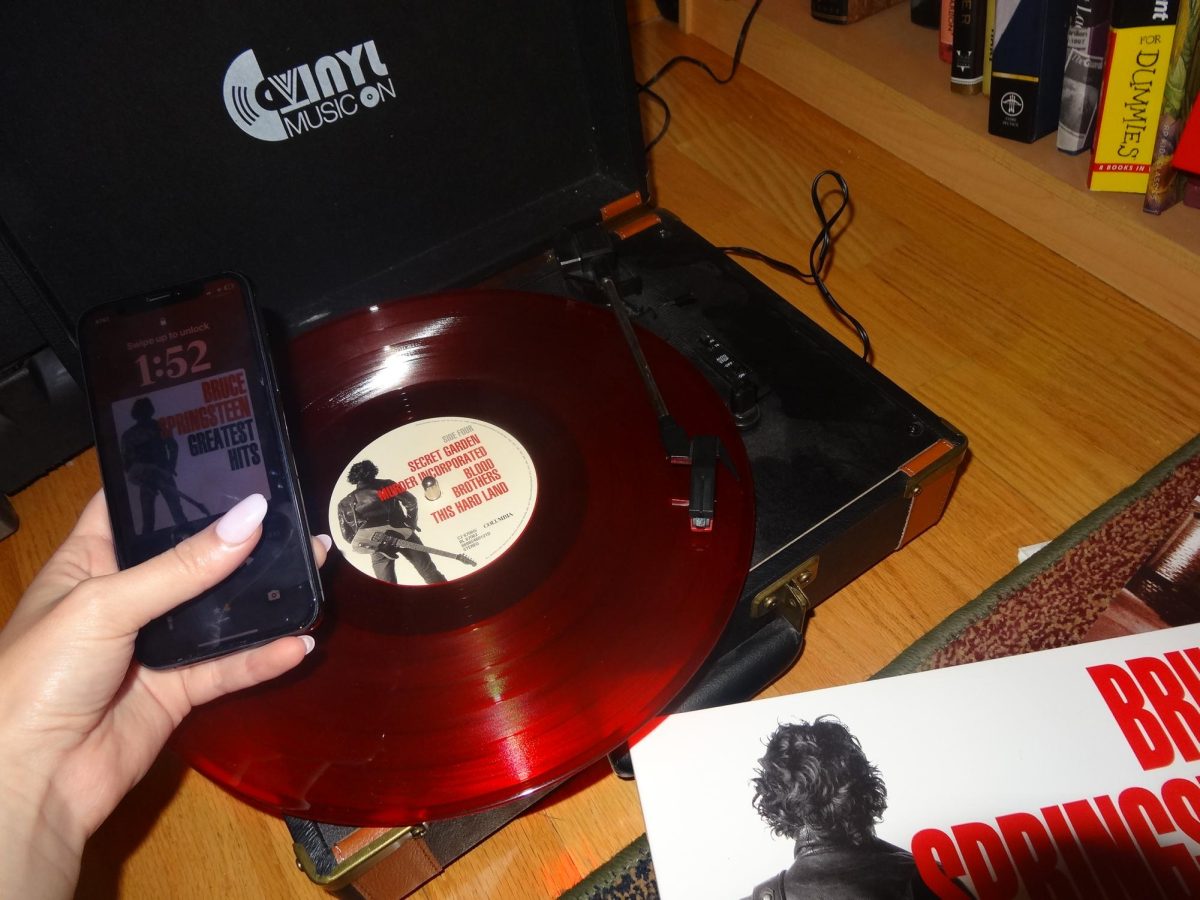Why “My Body, My Choice” Doesn’t Apply to Vaccines
September 24, 2021
Pro-choicers have long used the “my body, my choice” argument when defending reproductive rights, and while that argument holds validity with regard to abortions, using “my body, my choice” when talking about vaccines is a poor and hypocritical excuse for avoiding vaccination that has no factual basis.
To understand why the argument does not work, one must understand what “my body, my choice” really means. Pro-choicers use the phrase to defend themselves from infringement on their right to choose whether to give birth. Pro-choicers use the phrase when lawmakers act as though their bodies belong to the government. They use the phrase to say, “What I decide to do with my body is nobody’s business.” Pro-choicers do not use the phrase when trying to avoid the responsibility of infecting others with a virus that has spread to millions and will continue to spread if people do not get vaccinated.
In the the debate of reproductive rights, the argument of “choice” holds validity because an abortion does not physically affect the lives of others and solely concerns the person seeking an abortion. On the other hand, the choice of getting vaccinated affects the entire world. That choice has led to the return of mask mandates, resumption of lockdowns and an increased number of COVID cases.
Not getting vaccinated means putting your loved ones in danger. Anti-vaxxers use this argument to avoid government regulations they do not like. Ironically, anti-vaxxers claim that wearing a mask or having to get a vaccine takes away their “personal freedom,” and have manipulated the phrase “my body, my choice” to mean that they do not have to get vaccinated since it’s “their body, their choice.” The problem is, it is not “their body,” it is the body of anybody they come in contact with. For example, parents or older relatives who risk becoming very ill due to their age or friends who have health conditions are all affected by this choice.
An anti-vaxxer saying “my body is my choice” as a way to avoid getting vaccinated selfishly makes the conversation about them. If they do not care about their own health, surely they must care about the lives that they put at risk through refusing vaccination.
Changing the meaning of “my body, my choice” from supporting an individual’s rights to control their own reproductive system to supporting an unsafe movement does not make sense and using this argument to promote a false notion of what freedom means selfishly puts others at risk.









